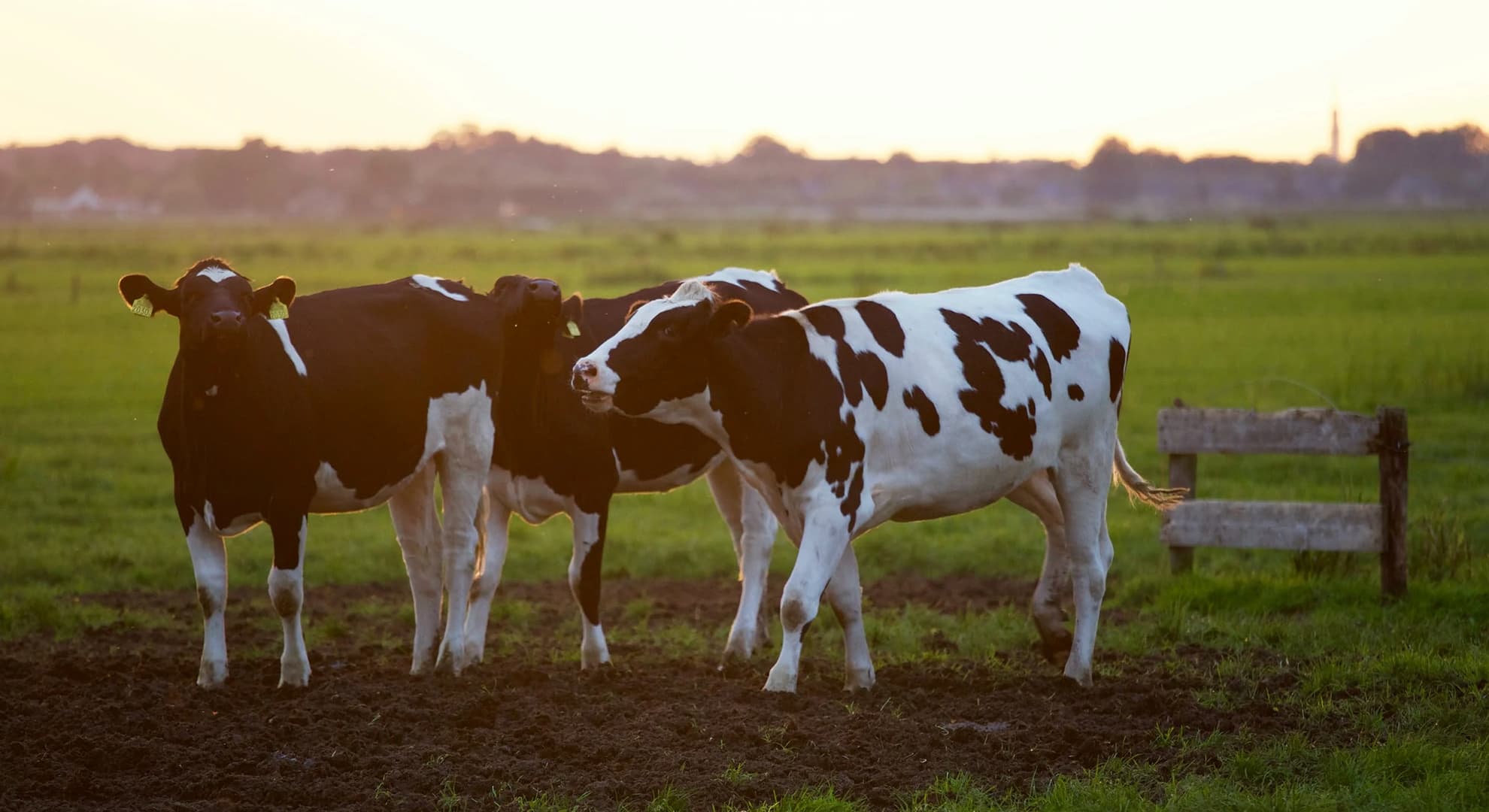Edith Cowan University (ECU) has received national recognition for its contribution in delivering support to Australia’s neighbours and helping stop the spread of foot-and-mouth disease (FMD) following an outbreak in Indonesia in July.
Universities Australia listed ECU amongst ten of Australia’s leading universities for its prominence in handling research objectives and the dissemination of information to Australian media, members of the public and the agricultural industry.
Rapid research response
According to ECU Lecturer and biosecurity expert Deborah Evans, the University is a significant contributor to research efforts that endeavour to bring understanding, prevention and response to FMD.
“Current research includes the development of a framework toward biodefence of Australian agriculture in alignment with international biodefence strategy,” she said.
“Our research may assist the collective response to the Indonesian FMD outbreak by supporting national biosecurity policy in the adoption of preventative security measures at the farming level."
Ongoing contributions are being made by ECU to the national conversation through the publication of research findings, in addition to engagement with the Australian Science Media Centre.
ECU’s Deborah Evans has been a significant voice in the media since the outbreak, with her expertise reaching an audience of more than 7 million.
“As the FMD situation in Indonesia is an ongoing threat, we anticipate further engagement with industry to encourage and support the implementation of post-border biosecurity practices to assist in mitigating the consequences of an FMD outbreak,” Ms Evans said.
Risk to Australian livestock
FMD is a highly contagious animal virus that spreads through livestock such as cattle, sheep, pigs, and goats.
It does not pose a risk to human health but causes painful blisters in infected cloven-hoofed animals, which then often need to be culled as a result.
FMD through history
Foot-and-mouth disease was first recorded in the United Kingdom in 1839.
In February 2001, FMD cost the UK economy around $13 billion and led to six million animals being euthanised. At the time, Australian vets were sent to aid in the response efforts.
Since Indonesia’s recent FMD outbreak, the disease has not entered Australia, but the agriculture industry remains highly concerned it could reach our shores and pose a risk to the nation’s $32 billion livestock industry.
However, the federal government has remained committed to keeping the borders open to avoid damaging Australia’s $7.9 billion per year trade relationship with Indonesia.
 Researchers at ECU are developing a framework toward biodefence of Australian agriculture to assist in the Indonesian FMD outbreak.
Researchers at ECU are developing a framework toward biodefence of Australian agriculture to assist in the Indonesian FMD outbreak.


